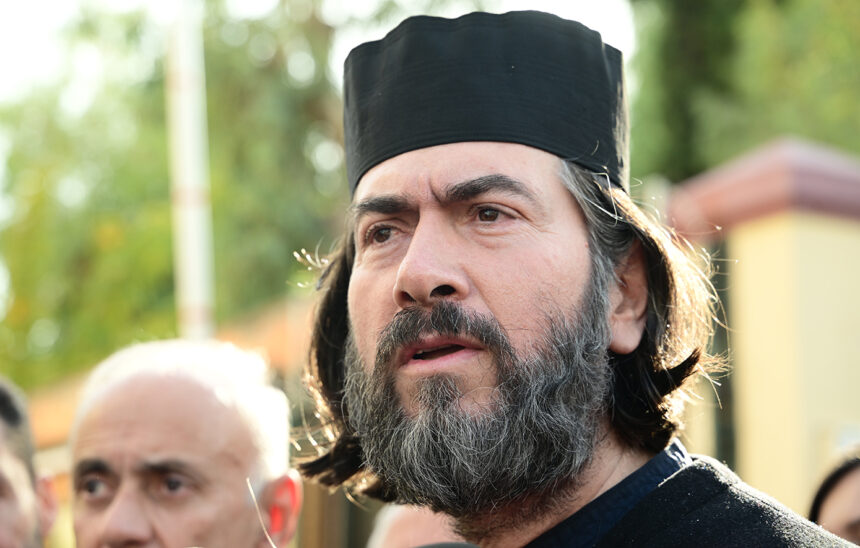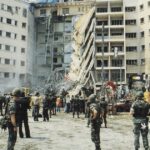There was an “incorrect assessment of the evidence” it says
Appeal to the part of the decision concerning the acquittal judgment of the Three-member Court of Misdemeanors of Athens in the case of physical abuse in the structures of the “Ark of the World”, with the central figure Father Antonio, prosecutor Angeliki Triantaphyllou acted.
“The defendants committed the acts attributed to them for which they were acquitted and therefore they should be declared guilty and sentenced to the corresponding penalty” states the prosecutor’s reasoning in her rationale, which, among other things, notes that the acquittals resulted “from an incorrect assessment of evidence”.
In practice, this means that when the case reaches the Court of Appeal, the judges are not bound by the first instance decision and will judge it from a zero basis and all three accused who were acquitted will sit on the bench.
The court of first instance, after a hearing of about eight years, with its unanimous decision found the founder of “Kivotos” guilty of five of the 19 misdemeanors he was facing and they concern, as the case may be, the offenses of physical and moral authorship in simple, grievous and dangerous bodily harm to minors in two structures and imposed a sentence of 4 years and 3 months redeemable. Four of Father Antonio’s co-accused, former construction workers, were sentenced to prison terms of 17 to 40 months, with a three-year suspension, while three were acquitted of all charges.
The prosecutor in her appeal considers that from the evidence and testimonies of the evidentiary process it emerged that the children who were accommodated in its structures Ark they were victims of forced labor and even in extreme conditions, with heavy work such as agricultural work, using even dangerous tools, for long hours, regardless of age and in conditions of unbearable heat.
The hard work, as noted by the prosecutor, was paid with vouchers which had minimal value. Those who did not perform well were forced to work harder than others at the expense of their education. “Obviously this reinforces the evidence of institutionalization and cutting children off from access to essential skills.” underlines the competent prosecutor who, focusing on the Agricultural School of Kivotos, expressed the position that it was “not just informal… but also that it was not even a school but a simple pretext that made it easier to hide and justify the inclusion of children under arrest and without even being questioned in the regime of forced and exhausting work”.
Finally, referring to the acquittal of the defendants from the charges related to the isolation of four children, the prosecutor estimates that from the hearing it emerged that “isolation was a measure of punishment of the structure.”
Reportage: Maria Zacharopoulou




